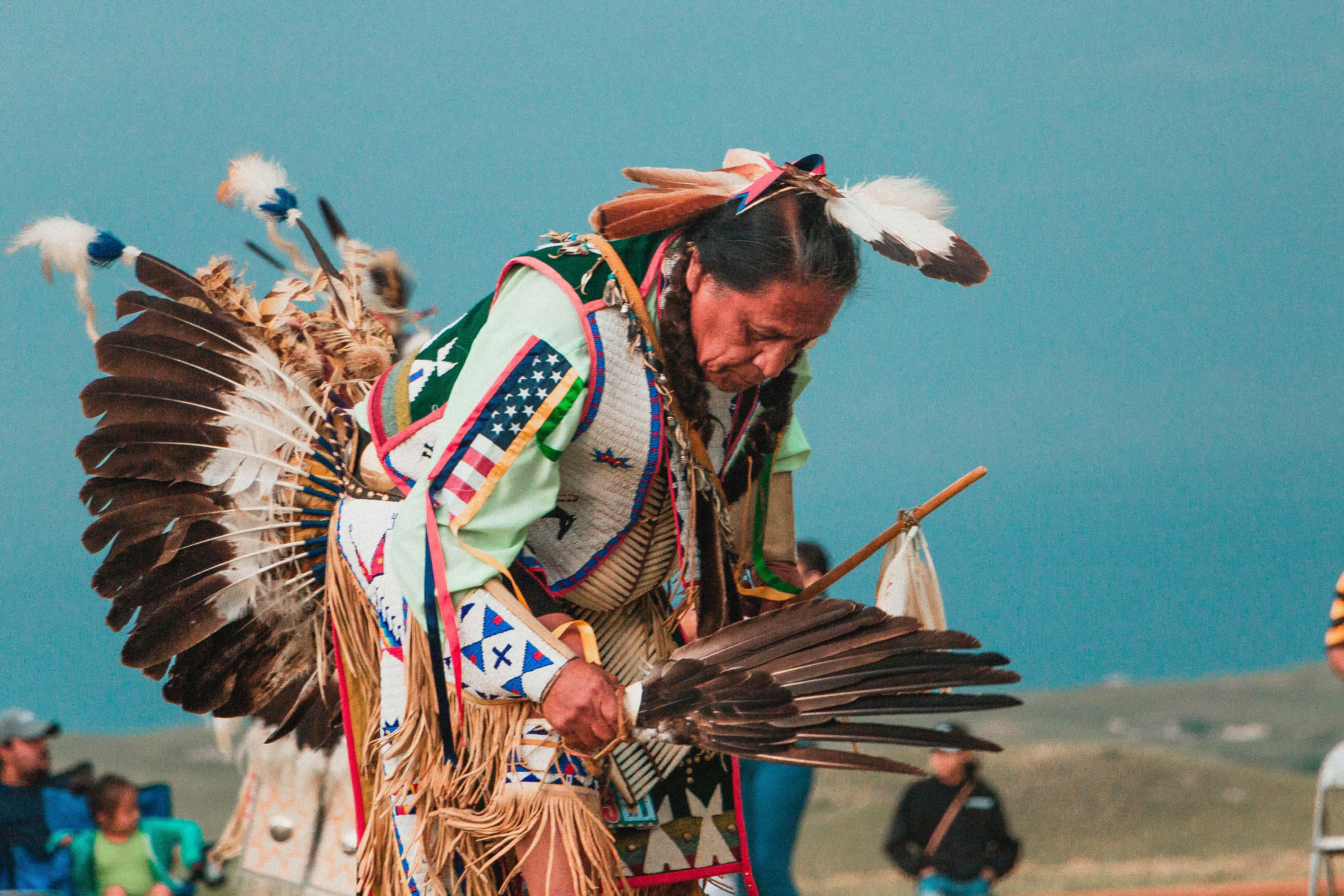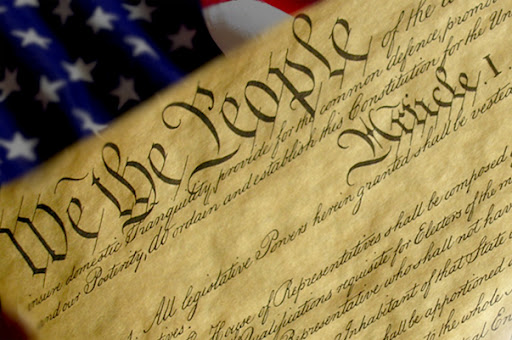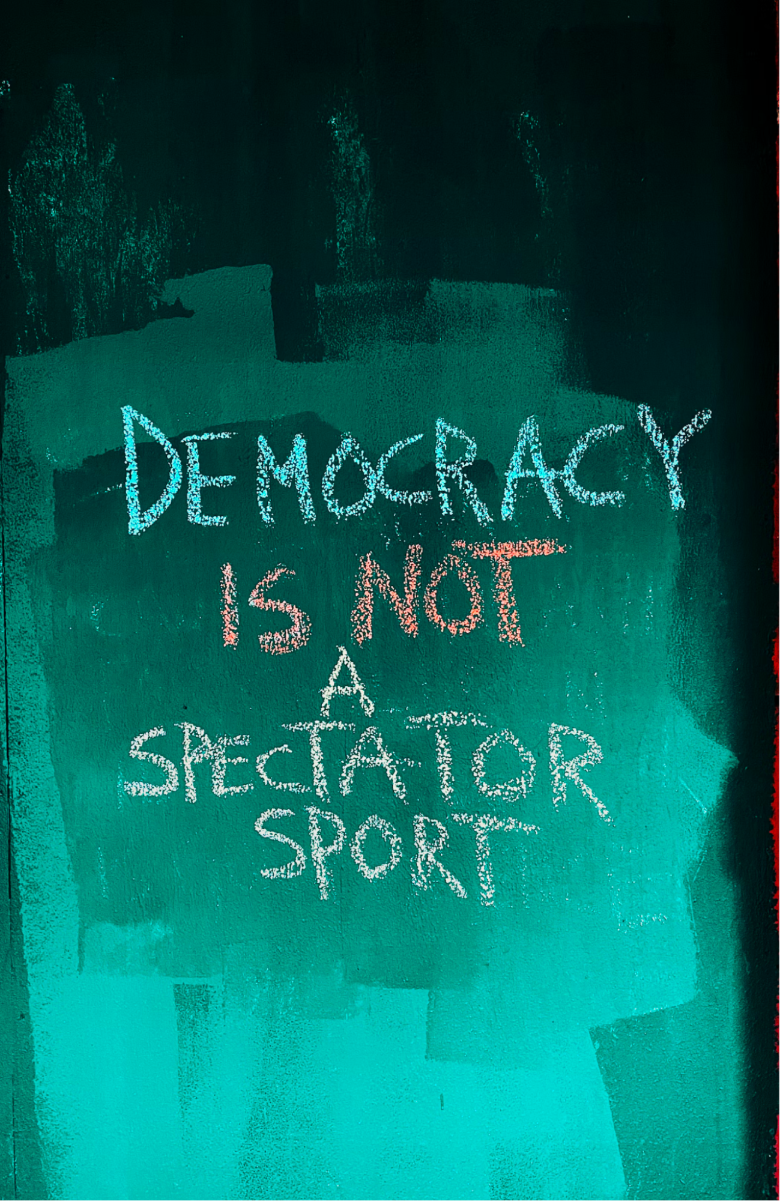
Analysis
True Religious Freedom Must Protect the Rights of Indigenous Peoples
On Friday, October 8th, 2021, President Biden became the first U.S. president to recognize Indigenous Peoples’ Day. In a marked change from previous administrations, the President acknowledged the violence perpetrated against Indigenous people and their culture within his proclamation marking Columbus Day.
For too long, only one side of American history has been represented. For those who have studied history, they know it has usually been written by the colonizers. Native Americans endured unimaginable brutality during European expansion to North America, being displaced from their lands, and persecuted for their culture and religious beliefs. In an OpEd this week entitled For Natives, land is sacred. Why aren’t we protecting their religious freedom?, authors Dr. Billie Jo Kipp, Mohamed Magid and Dr. Allison K. Ralph draw attention not only to the well-known injustices of land and cultural destruction, but also the lack of religious freedom protections for Native Americans.
True religious freedom protects the beliefs of all Americans, not just those who conform to a specific religious paradigm. European views of religion and religious freedom do not always acknowledge the diversity of spirituality and beliefs in our country. We have, unfortunately, in our country too often looked at religious freedom from a Christian-based beliefs lens.
In many Indigenous religions, the belief in a single supreme being does not always fit. As such, Native Americans have not been historically protected by the First Amendment, as the basic structure of Native American religions are so different from others that have dominated our understanding of religion in America.
Failure to protect the religious freedom of Native Americans comes from a long and troubled history of persecution. From the 1830 Indian Removal Act, which took over tribal lands and forced tribes further west, to the rise of American Indian Residential Schools in the 1880s that took children away from reservations, U.S. government policy sought to “civilize” Native communities by replacing their culture and religious beliefs. It was not until 1978 that the U.S. passed the American Indian Religious Freedom Act which sought to codify protections for Indigenous beliefs, only partially recognizing the damage done by government policies.
Certain constitutional truths may be “self-evident”, but they are not self-executing. The promise of religious freedom in the United States has often fallen short of its practice.
Our nation is incredibly religiously and culturally diverse. But over the course of our history, many faith communities have experienced the harms of religious coercion, where members of a particular tradition were compelled to relinquish or violate their beliefs to satisfy the demands of social or political forces. The legacy of forced conversion among enslaved peoples and Native Americans, coupled with the professional and social exclusion experienced by other minority faiths, continues to inform the lived experience of that essential promise – to believe as we choose – for millions of Americans.
Today, the recognition of the rights and protections of Indigenous religions and beliefs continues, from the battle for documentation in our history books to the fight for the preservation of sacred lands, and much more. Protecting religious freedom means protecting freedom of and from religion, and doing so for a diversity of traditions.
Learn about Interfaith Alliance’s efforts to advance true religious freedom.
Transcript

Pluralism is Democracy in Action
On July 4, America will mark 250 years since the signing of the Declaration of Independence. That day in 1776, the nation’s founders put forward a bold vision for a new democratic experiment, one rooted in shared values, with power derived from the people rather than imposed by a monarch or religious authority:


